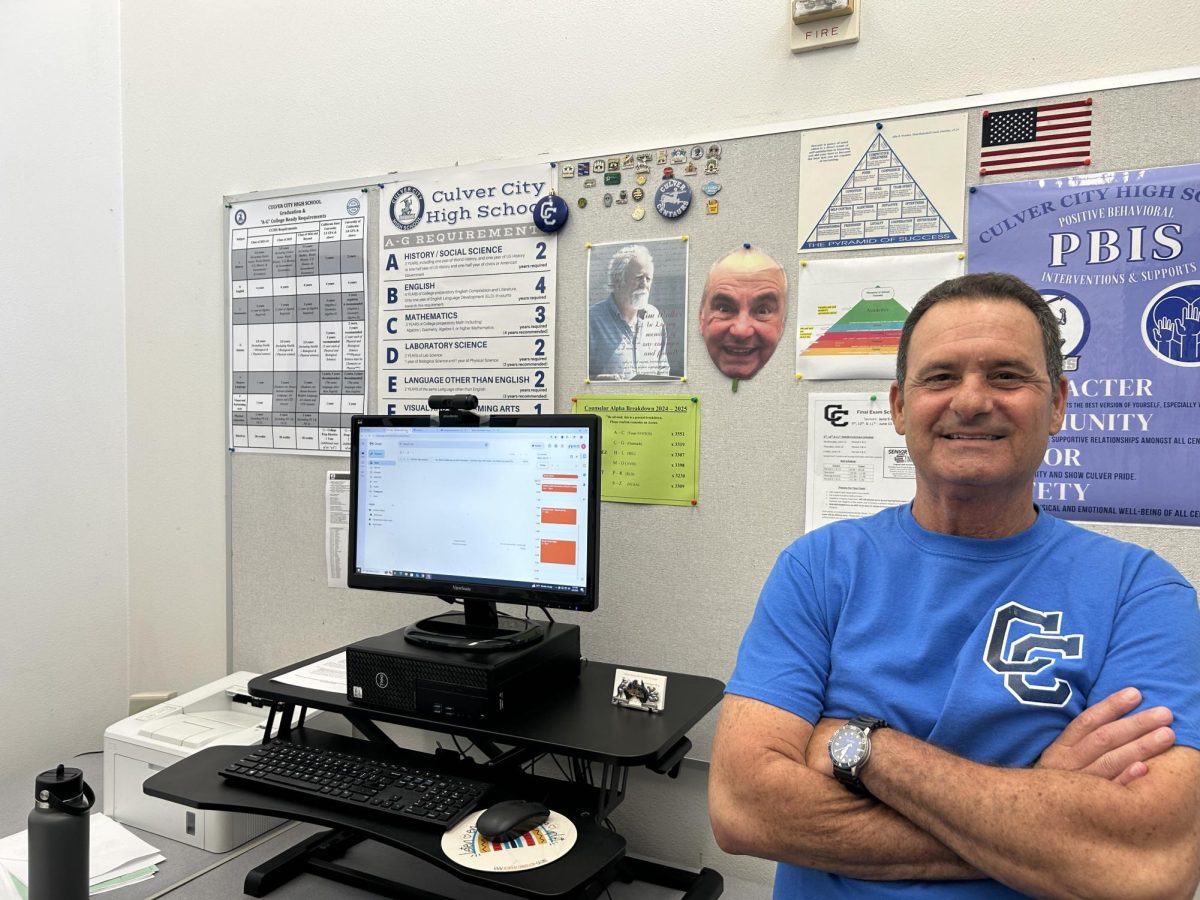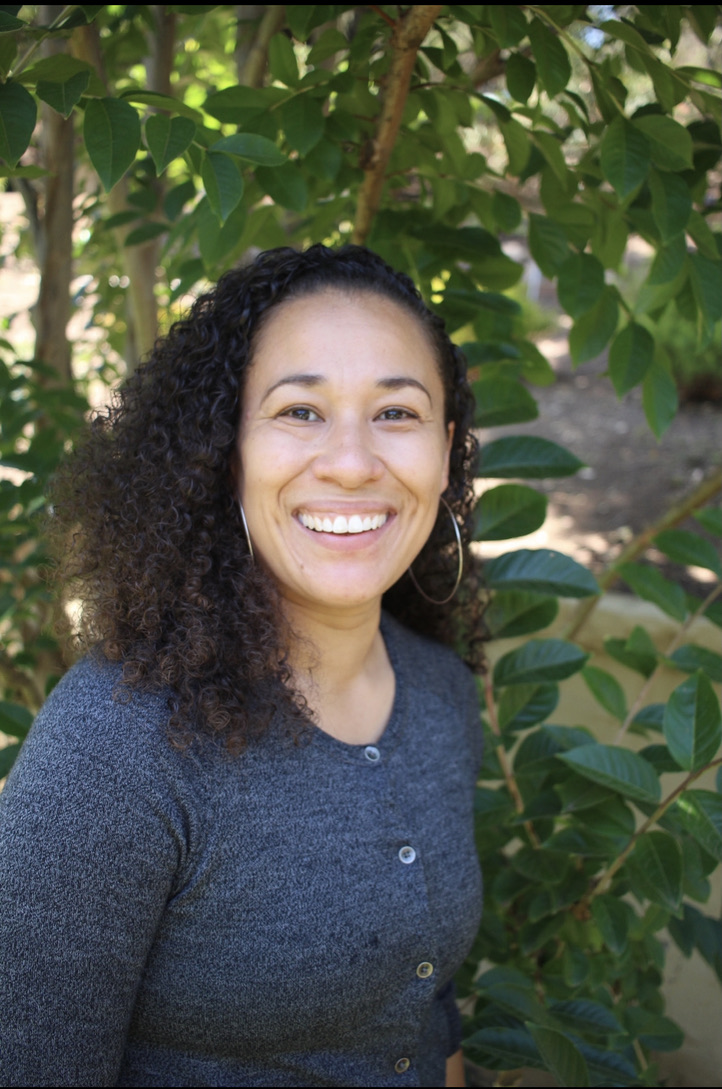AP Exam Updates
March 18, 2021
AP tests and student stress – a foreboding, spring-coupled phenomenon. 2021 has not come short of its surprises, but AP exams this year have hit students around the globe with a familiar yet unexplored testing set up, fully evading the rumored single option of in-person testing.
The Collegeboard is newly implementing three different testing selections that individual schools can make, called “administrations”, each pertaining to a different mixture of AP testing location, date, and format. The Collegeboard website explains that the decision was made in the hope to “reflect the unique characteristics of each exam and the preferences we’ve heard from AP teachers, coordinators, and school leaders”.
The first administration includes only paper, in-school exams with test dates in early May: May 3-7, 10-12, 14 and 17. The second administration includes both options of testing in school and at home, with at-home testing offering the digital version and in-school testing offering both paper format and digital format. These dates are offered late May: May 18–21, 24–28. The third administration includes both the in-school testing and at-home selections but only in digital format. Schools and their AP coordinator can decide which mixture or single selection of administrations to adopt.
In Centaur News #29, one of the weekly CCHS newsletters, CCHS revealed that they will be adopting the second administration, which offers some tests digitally, either at home or in school, and other tests taken on paper and at school. The newsletter announces that the Spanish Language, Spanish Literature, Japanese, French, Physics, Calculus BC, Chemistry, and Statistics exams will be administered on paper and at school, while the remaining exams will be taken in digital format at home or at school.
If students choose to take the exam on campus, they will be required to sign a CCUSD Community Pledge that says they do not have any COVID-19 symptoms or have been exposed to anyone with COVID-19. In addition, students are required to wear a mask at all times and social distance.
When asked about the advantages or disadvantages to any of the testing formats, Dr. Della Donna, the AP Biology teacher here at CCHS, explains how testing at school, whether on paper or digitally, may be beneficial to students, as “school will have a plan B if anything happens”. This references a safer guarantee of a stable internet connection and any necessary technical help.
Ms. Snyder, the AP European teacher here at CCHS, introduces the possible disadvantages of taking the exams at school, as it is a “logistical nightmare involved in administering the exam while maintaining State/County/City COVID protocols”. She also explains how there may be an advantage to testing at home that appeals to the students’ accustomed comfort and educational experience at home.
As for the administration choice by CCHS, Dr. Della Donna just wants to emphasize that “the school is doing [their] very best” and that the conversation likely took into consideration a lot of variables. She also says that “administrators are incredibly busy serving students, parents, teachers, and staff” and that “things are never perfect, they weren’t perfect three years ago either”. This references AP Exam testing issues even before COVID-19’s parameters brought forward a multitude of newfound logistical and equity entanglements.
Snyder explains that an extra two weeks and test on May 19 during the second administration also leaves the third administration as a backup. This seems to be a common selection many schools have made, as it caters towards students with a digital preference and also establishes a safety-net for students who encounter technological complications.
The Collegeboard website has also stated that they’ve extended AP Computer Science Principles, AP Seminar, and AP Research performance tasks, as well as AP Art and Design portfolios, to May 20, 11:59 p.m. EDT. In addition, according to the Collegeboard website, another one of their remediations for this year’s untraditional testing and educational climate is that AP exam cancellations are completely free and refundable, in hopes of “[giving] students the utmost flexibility”.
One of the biggest complaints of the recent Collegeboard announcements is that all exams will be full length and cover the entire year’s curriculum. This contrasts with the 2020 AP testing that omitted most curriculum taught after school closures, as an overwhelming majority of teachers and students felt that content could not be effectively taught in such a short notice, chaotic time when the pandemic first hit.
Dr. Della Donna understands the 2021 decision, as “they have to keep the bar high to give points or wave courses in college”. This references the preservation of the integrity and prestige of those college classes that AP students are trying to garner credits for and ultimately skip. For many AP students, this was the entire motivation behind actually taking the AP class. She also says “this year we were all a little bit more prepared”, highlighting how our prolonged pandemic reality may be traded in for experience and a sense of normality, which would constitute normal AP testing.
Ms. Snyder then explains how the AP European classes are behind on material right now. This seems to be a common issue where many classes haven’t been able to cover all of the required curriculum, “The emotional toll [and overwhelming feelings of students over] the past year has taken on students does not really seem to be considered”.
While students should recognize that we have all been living a “very surreal situation”, says Snyder, colleges will be looking at students affected by the pandemic in a different light than they have before, this means more leniency and less stress.
With The College Board’s recent decision to lock questions after the student moves on, heavy criticism has highlighted that it nullifies years of prior exam preparation and increases stress in students as they may get stumped or have to move on and leave a question blank rather than coming back to it. The ongoing debate between CB and the public works to determine whether this security measure is worth the struggle. “[The decision] is unfortunate”, says Ms. Snyder. “Especially since pretty much every AP teacher tells their students to skip questions and then return to them. I cross my fingers that this decision will change by May but I’m not holding my breath.”
For a full calendar on when and what format the tests will be administered, please refer to the school’s AP testing schedule. To find out more information about the 2021 digital exams, please refer to this Collegeboard Digital Testing Guide.












































































